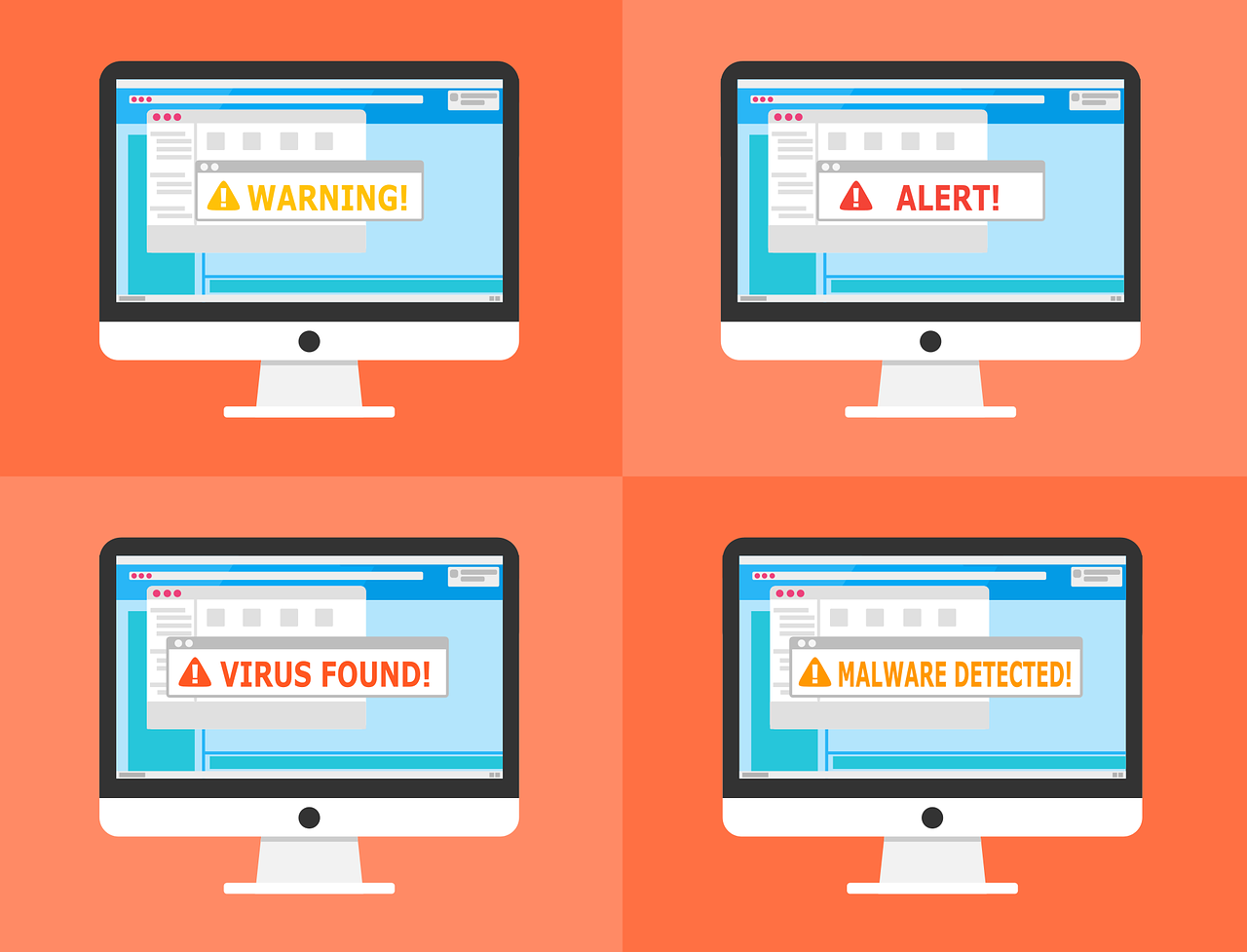
Do you know how to protect your device from browser hijackers? If not, you need to read this blog post! Browser hijackers are a huge problem and can cause a lot of damage to your computer or mobile device. This post will discuss browser hijackers, how they work, and how you can protect yourself from them. We will also provide some tips on how to remove them if they do manage to infect your device.
What are browser hijackers?
Browser hijackers are a type of malware that is designed to change your browser's settings without your permission. They can add new toolbar buttons, change your homepage, and redirect your search queries to advertising websites. Some browser hijackers can even track your online activity and collect personal information. Browser hijackers are usually installed without your knowledge when you download free software from the internet or click on malicious links.
There are different types of browser hijackers, but the most common ones are adware and search redirectors. Adware is a type of software that displays annoying advertisements on your screen. Search redirectors change your default search engine and cause your searches to be redirected to advertising websites. These websites usually display fake search results that contain links to malicious websites. Browser hijackers can slow down your computer or mobile device, use up your data allowance, and make it difficult for you to remove them. If you want to learn more about this, look for search hijackers explained by cybersecurity experts and understand how this type of malware can be dangerous for your devices.
What are the symptoms of getting browser hijackers?
The most typical symptom of browser hijackers is that your homepage or search engine will be altered without your consent. You could also see new toolbar buttons or advertising on your browser. If you try to revert the changes, they may be undone, and you won't be able to access certain settings. Browser hijackers can also slow down your computer or mobile device and cause frequent shutdowns.
What are some of the best ways to avoid getting a browser hijacker?
One way is to only download software from trusted websites that you know are legitimate. Another way is to be careful about clicking on links, especially if they come from unknown or untrustworthy sources. Finally, ensure that you have a reputable security tool installed on your computer or mobile device, as this can help block browser hijackers and other types of malware.
What should you do if you think you have a browser hijacker?
If you notice any changes to your browser's settings or behavior you did not authorize, you may have a browser hijacker. In this case, you should run a full security scan of your device using an anti-malware tool. If the scan finds any malicious software, including browser hijackers, it will allow you to remove it. We also recommend resetting your browser to its default settings, as this will undo any changes the hijacker may have made.
Other types of malware
Browser hijackers are just one type of malware. Many other types of malware exist, including viruses, worms, Trojans, and adware. Each type of malware has its own unique characteristics and can cause different kinds of damage. As such, it is crucial to know the different types of malware and how to protect yourself from them.
Viruses
Viruses are a type of malware that can replicate itself and spread to other computers or devices. They can cause damage to your computer or device, as well as any files or programs stored on it. Viruses can also be used to steal personal information or infect other computers or devices on your network.
Worms
Worms are a type of malware that is similar to viruses in that they can replicate themselves and spread to other computers or devices. However, unlike viruses, worms do not need to attach themselves to files or programs in order to spread. Worms can cause damage to your computer or device, as well as any files or programs stored on it. They can also be used to infect other computers or devices on your network.
Trojans
Trojans are a type of malware that is designed to look like legitimate software but is actually malicious. Trojans can be used to infect your computer or device and steal personal information. They can also be used to give attackers access to your computer or device, allowing them to install more malicious software.
Adware
Adware is a type of malware that displays advertising on your computer or mobile device. Adware can be annoying, as it can make it difficult to view the content you want to see. It can also slow down your device and use up your data allowance if you have one. Some adware programs can even track your online activity and collect personal information.
We hope this blog post has helped inform you about browser hijackers and how to avoid them. Remember to download software only from trusted websites, be careful about clicking on links, and keep a reputable security tool installed on your devices. If you think you may have a browser hijacker, don't hesitate to run a full security scan and reset your browser settings.
* This is a contributed article and this content does not necessarily represent the views of techtimes.com





